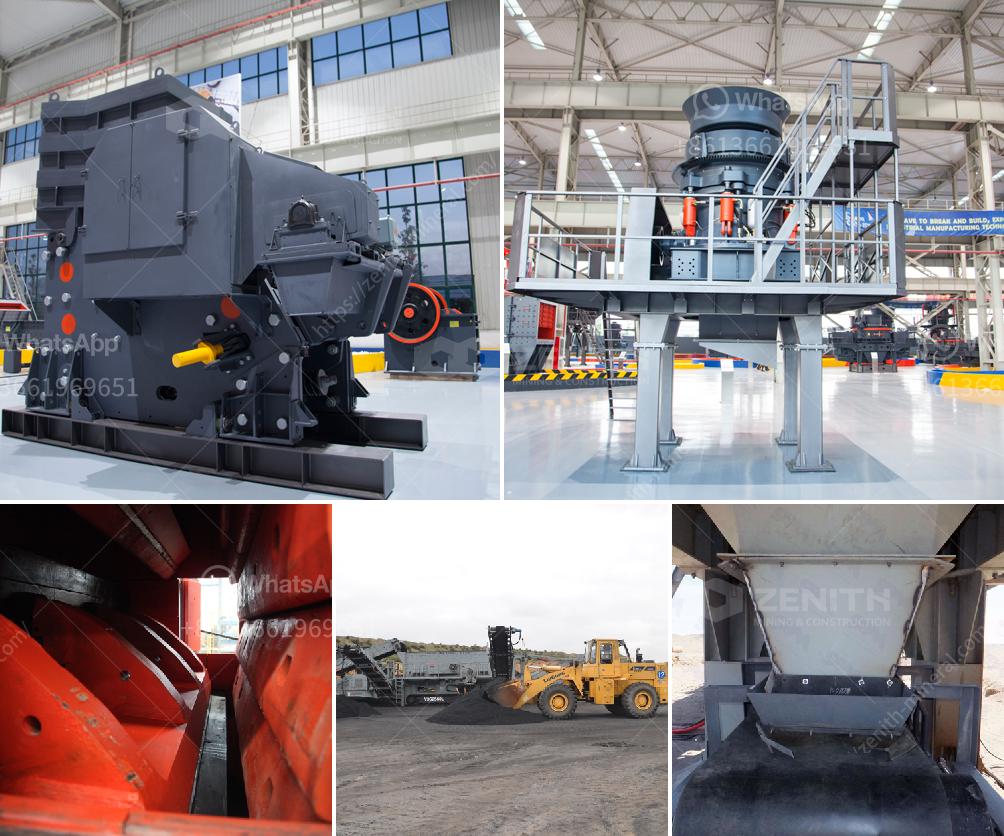When considering the purchase of a mobile rock crusher, it's important to evaluate several key factors to ensure you select the right equipment for your needs. Here are some important aspects to consider:
Type of Material: Identify the type and hardness of the material that the crusher will process. Different crushers are better suited for different materials, such as granite, limestone, basalt, or concrete.
Production Capacity: Determine the production capacity you require. Consider how much material you need to process per hour or day, and select a crusher that can meet that demand.
Mobility and Portability: Evaluate the mobility needs of your operation. Mobile crushers are beneficial for projects that require frequent relocation or in-field work. Consider wheeled versus tracked options based on terrain and movement requirements.
Crusher Type: Decide on the type of crusher that best suits your needs, such as jaw crushers, cone crushers, impact crushers, or hammer crushers. Each type has its advantages and ideal use cases.
Size and Scalability: Choose a crusher that fits the size of your operation and has potential for scaling up if future demand increases. The maximum feed size and adjustable output size are important factors.
Fuel Efficiency and Power Source: Consider the fuel efficiency of the crusher, as this will affect operational costs. Some crushers are diesel-powered, while others may be electrically powered or use a hybrid system.
Ease of Maintenance and Operating Costs: Look into the maintenance requirements and associated costs. Spare parts availability, ease of access for repairs, and the level of technical support can affect long-term operational costs.
Manufacturer Reputation: Research the reputation of manufacturers and the quality of their products. Reliable manufacturers typically offer better support, warranties, and after-sales service.
Safety Features: Ensure that the crusher is equipped with necessary safety features to protect operators and facilitate safe operation.
Environmental Considerations: Consider the environmental regulations in your area and whether the crusher meets those standards, including dust suppression measures and noise reduction.
Budget and Financing: Determine your budget and explore financing options if needed. The total cost of ownership, including purchase price, maintenance, and operational costs, should be factored in.
User Reviews and Case Studies: Read user reviews and case studies to gain insights into the performance and reliability of the crusher in real-world applications.
By carefully evaluating these factors, you can select a mobile rock crusher that fits your operational needs and supports your long-term business goals.
